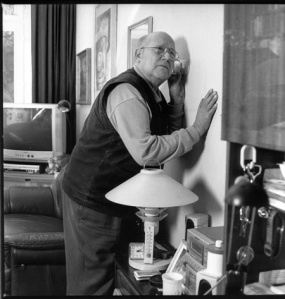Archive
Everybody Researches: Out of date contract is music to Def Leppard’s ears.
It is a well-accepted fact that the law is a cautious and conservative profession. While it is populated with intelligent people, these people also tend to be risk averse, be it with their client’s money or their clients’ lives. Whatever the reasons may be, there are times when the law finds itself having to play catch-up with concepts that are new to the courts. The introduction of the cell phone is an excellent example. For many years the laws regarding wire-tapping were clearly delineated, then along came cell phones. Now, rather than getting a warrant for an area where the suspect has a “reasonable expectation of privacy” (Katz v. United States, 389 U.S. 347 (1967) law enforcement needs warrants for the individual, irrespective of the type of the phone or type of communication (voice-mail, e-mail, etc.) he or she is using.
The criminal law field is not the only one where technological changes have left the law behind. Copyright and property law play a part in the amusing battle between band Def Leppard and Universal, the company that holds the rights to the band’s songs. Although Universal has rights to the songs, they do not have rights to release them digitally since at the time the contract was made (1979) digital rights did not exist. In order to make the songs available on iTunes Universal would need the permission of the band; permission that Def Leppard is not willing to give. Lead singer Joe Elliott discussed some of the details on a recent segment of NPR’s “All Things Considered” and shared the band’s plan to re-record most of its back catalog. As Elliott explained, until Universal is “willing to come to the table with some kind of reasonable proposal…we shall go in the studio and have a bit of fun.”
The band is taking advantage of the compulsory license for non-dramatic musical compositions under the Copyright Act of 1976. This compulsory cover license allows an artist to “legally sell their rendition…of another song based on a set royalty payment scale….The terms for a compulsory cover license are established by the U.S. Copyright office rather than the artist or record label and a compulsory cover license does not require negotiations with the original musical composition copyright holder. ”
After looking at the comparably negligible royalty fees, and realizing that that “Rock of Ages” has recently moved from Broadway to the movie screen and features at least three of Def Leppard’s songs, it is likely that this maneuver is causing a bit of Hysteria over at Universal.

